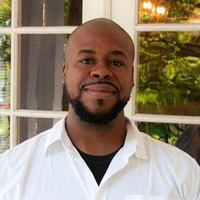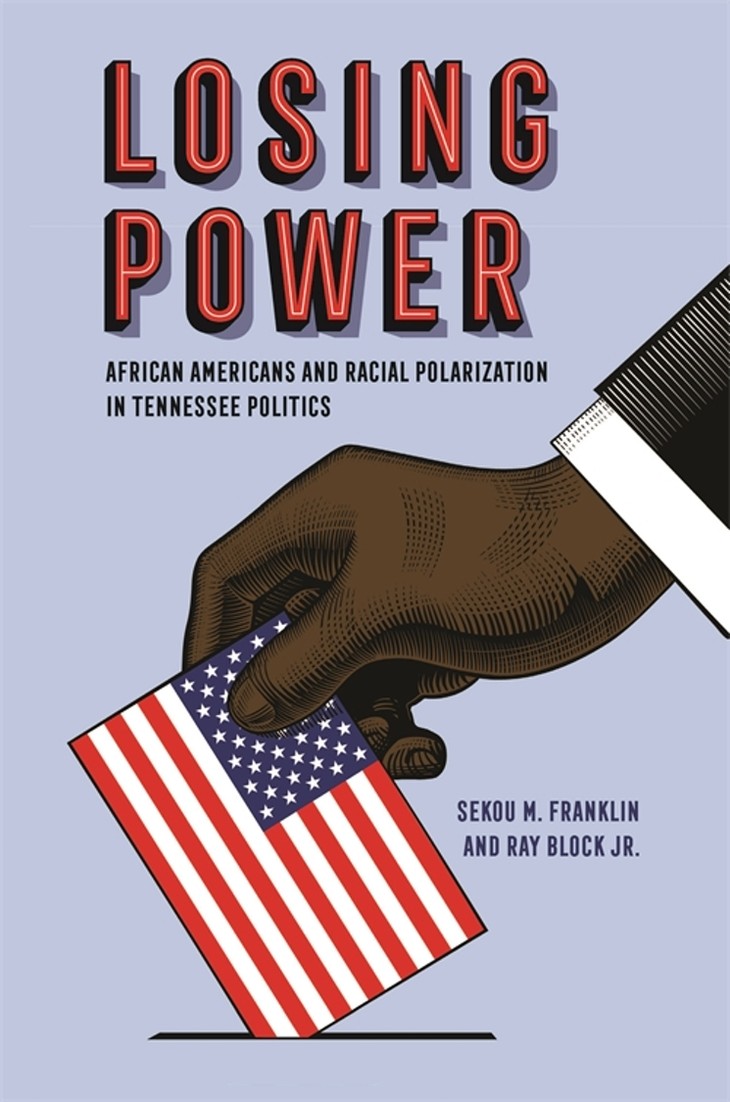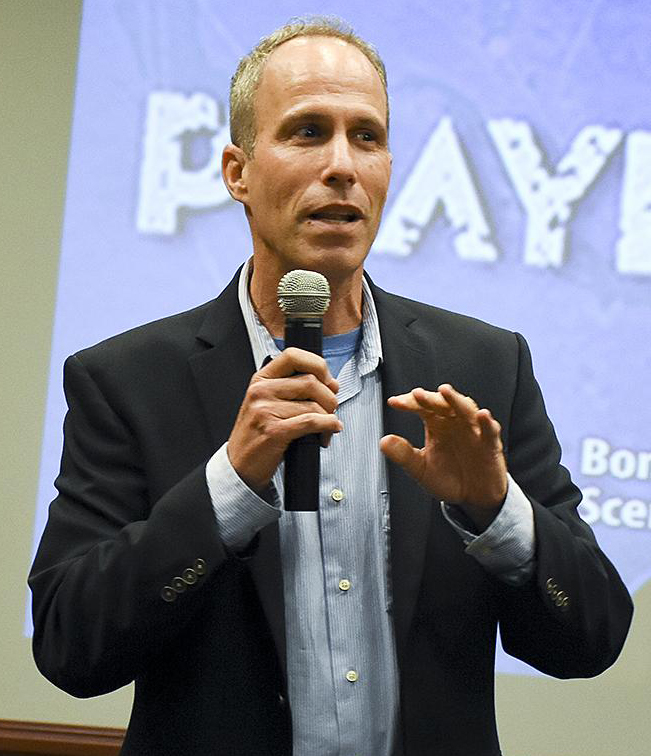About
- Block currently serves as the inaugural Michael D. Rich Distinguished Chair for Countering Truth Decay at RAND Corporation.
- Block co-authored the book "Losing Power: African Americans and Racial Polarization in Tennessee Politics," which looks at how modern Tennessee emerged as a more racially and politically divided state.
- He recently published a chapter in the book "President Trump's First Term: The Year in C-SPAN Archives Research, Volume 5" that explores the oral histories of African Americans who support the president.
Ray Block is an associate professor of political science and African American studies and Brown-McCourtney Career Development Professor in the McCourtney Institute. He is also the inaugural Michael D. Rich Distinguished Chair for Countering Truth Decay and a senior political scientist at the RAND Corporation. Block specializes in racial and ethnic group politics, voting behavior, public opinion, and truth decay and social identity politics. His research focuses on minority groups voting dynamics, racial norms in elections, and the role of political orientation and racial identity in supporting a political candidate. At RAND his research focuses on misinformation and disinformation, with a focus on racial disparities, misinformation and how problems can affect certain demographic groups worse than others. He serves as co-chair of the public opinion and political participation section of the National Conference of Black Political Scientists and is part of a team of academics, practitioners, and analysts known as the African American Research Collaborative. He is also a member of several professional organizations including the American Political Science Association and the Society for Political Methodology.
On the Web
In The Media
Soledad O'Brien Hosts "To Be An American: Identity, Race and Justice"
from Matter of Fact March 18, 2021
Americans remain hopeful about democracy despite fears of its demise – and are acting on that hope
from The Conversation US March 6, 2023
93 percent of Confederate monuments are still standing. Here’s why.
from The Washington Post December 16, 2019
"Although media coverage often focuses on the Confederate statues that have been removed, this obscures the bigger story: the ones that remain. In fact, less than 10 percent of Confederate monuments — 139 out of 1,880 — have been removed. Why are so many still standing? Our research helps provide the answer."
The South Carolina Democratic primary will be decided by black women
from The Hill February 24, 2020
"As Democratic primaries continue to unfold, the nominating process moves to a battleground with a much larger African American population. Black people comprise nearly 60 percent of the Democratic Party in South Carolina, making it an important stop along the campaign trail for candidates seeking to gauge – and court – the support of black voters. It remains to be seen whether this change in demographics will make the issues and concerns of African Americans more central to the campaign. But one thing is clear: the candidate who wins the Palmetto State will be the one that does the best job of recruiting black women."
In Penn State News

Democracy Works: Black Politics Then And Now
February 24, 2020
Asset Downloads
These assets are available for use. All rights reserved. Credit Penn State University.





.jpg)



